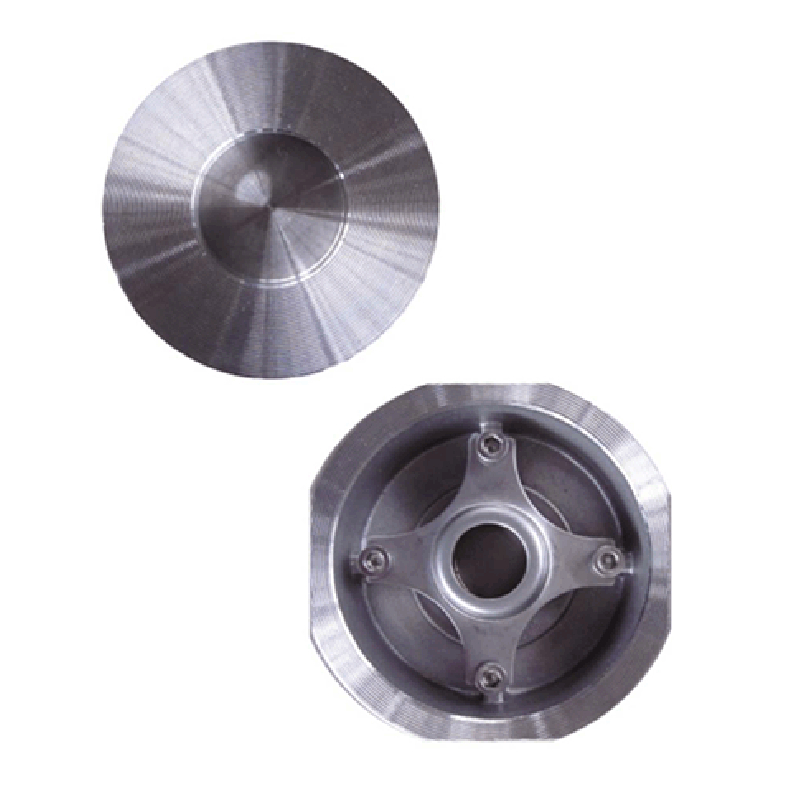Dec . 13, 2024 14:56 Back to list
control valve
Understanding Control Valves A Key Element in Process Control
Control valves are essential components in industrial processes that regulate the flow of fluids, including liquids, gases, and steam. Acting as the primary mechanism for controlling the flow rate, pressure, and temperature within a system, control valves ensure that processes run smoothly and efficiently. This article explores the fundamental aspects of control valves, their types, applications, and the significance of their role in modern engineering and manufacturing.
What Is a Control Valve?
A control valve is a device that modulates fluid flow by varying the size of the flow passage as directed by a controller. The valve's position can be adjusted to maintain a desired output variable, which is typically pressure, temperature, or flow rate. Control valves can be found in various industries, including oil and gas, chemical manufacturing, water treatment, and power generation. Their functionality can impact operational efficiency, safety, and overall process stability.
Types of Control Valves
Control valves come in various types, each suited for specific applications
1. Globe Valves Renowned for their excellent throttling capabilities, globe valves are ideal for applications where precise flow control is necessary. Their design features a spherical body enclosing a movable disk that regulates flow.
2. Ball Valves Known for their quick operation, ball valves use a rotating ball to control flow. They are typically used in applications where on/off control is required, but they can also be employed for throttling in some cases.
3. Butterfly Valves With a disc that rotates to control flow, butterfly valves are lightweight and can handle large flow volumes. They are often used in large pipes and provide a cost-effective solution for flow control.
4. Diaphragm Valves Utilizing a flexible diaphragm, these valves are suitable for handling corrosive fluids or slurries. They provide tight shutoff and are often used in pharmaceutical and food industries.
5. Pressure Relief Valves These are safety devices that prevent excessive pressure buildup in systems by automatically releasing pressure when it exceeds a set point.
control valve

How Do Control Valves Work?
Control valves are typically operated by actuators, which can be pneumatic, electric, or hydraulic. The actuator receives signals from a process controller, such as a programmable logic controller (PLC), which interprets data from sensors measuring flow, pressure, or temperature. Depending on the desired conditions, the actuator adjusts the valve position, thus controlling the flow of the fluid.
The performance of a control valve is quantified using various terms such as flow coefficient (Cv), which indicates the valve's ability to pass fluid
. Additionally, the valve's rangeability, which measures the ratio of maximum to minimum flow rates, is critical in determining its suitability for specific applications.Applications of Control Valves
Control valves play a vital role in various applications across industries
- Oil and Gas In upstream production, midstream transportation, and downstream refining processes, control valves regulate the flow of crude oil, natural gas, and refined products. - Chemical Processing They control the precise mixing of chemicals and help maintain optimal reaction conditions, ensuring product quality and safety. - Water Treatment Control valves regulate the flow of treated and untreated water, helping to maintain proper levels and pressures in distribution systems. - Power Plants They manage the flow of steam and water in turbines, cooling systems, and other critical components to optimize energy production.
Importance of Control Valves
The significance of control valves in process control cannot be understated. They help
- Enhance Efficiency By maintaining optimal flow conditions, control valves contribute to energy savings and improve overall system performance. - Ensure Safety They play a crucial role in preventing overpressure situations, safeguarding equipment and personnel involved in the processes. - Promote Consistency Control valves help maintain consistent product quality by ensuring that processes operate within specified parameters.
Conclusion
Control valves are integral components in modern industrial systems, facilitating precise control over fluid dynamics. Understanding their types, working principles, and applications is essential for engineers and operators involved in process control. By ensuring efficient, safe, and consistent operations, control valves significantly contribute to the success and sustainability of industrial processes. As technology advances, the integration of smart controls and advanced materials in control valve design will further enhance their performance and capabilities in the future.
Share
-
Reliable Wafer Type Butterfly Valves for Every IndustryNewsJul.25,2025
-
Reliable Flow Control Begins with the Right Ball Check ValveNewsJul.25,2025
-
Precision Flow Control Starts with Quality ValvesNewsJul.25,2025
-
Industrial Flow Control ReliabilityNewsJul.25,2025
-
Engineered for Efficiency Gate Valves That Power Industrial PerformanceNewsJul.25,2025
-
Empowering Infrastructure Through Quality ManufacturingNewsJul.25,2025